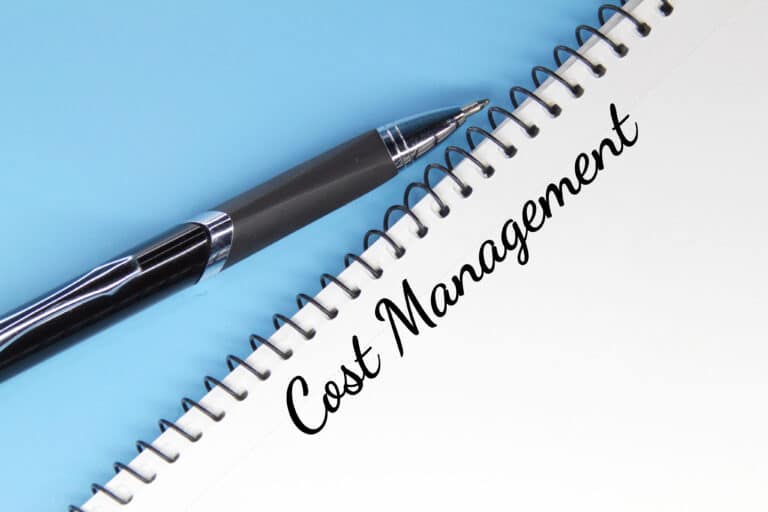How do I know if my law firm is ready to outsource? This question is a great question that’s two questions.
- The first question is: how do I know I’m ready to delegate?
- The second question is: how do I know my business is ready, as in it can afford the expense?
These are big questions so let’s chunk them down into bite-sized bits. First, how do you know you’re ready to delegate?
You are ready to delegate now!
Outsourcing is simply asking someone outside your business to help you inside your business. There is no standard age for a business or income level needed before you can ask for help in your business.
Delegation is a great way to grow yourself as a businessperson, grow the skills of others and create a team that can save you from burnout and exhaustion. The better you get at delegating, the more time you can invest in other parts of your law practice.
I define delegation as ‘assigning & explaining the work to others’. That’s not terribly complicated, is it? You do that all the time in your personal life as a parent or spouse.
What makes delegation tricky is that you may not be confident you’ll get the help you need and want in your legal practice. You can ensure a better outcome by following these steps. It’s important when handing over a project or task to someone else to:
- Know your purpose and desired outcome
What do you want and why? Of course, you know, but sometimes we forget to clarify, even for ourselves. Recently, a client told me she wanted a new website to launch her business.
Once we got talking I discovered through questioning that she really needed a theme installation and customization, not web design.
Tell your freelancers what your end goal is and how the project fits into my overall plan. It gets them excited and clarifies my interests so the provider can make some decisions independent of me.
- Clearly describe your purpose & outcome (and what you don’t want)
Describing what you want is trickier than you think. Saying what you want is different than explaining it. Why?
Each one of us is unique in how we experience the world and express ourselves. That means good does not mean the same thing to you as it does to me. It’s subjective. You want to be objective when giving instructions and setting the standard for performance. Your freelancer must know your standard before they can achieve it
- Select the right lawyer for the task
You want to match the person to the task to have a win-win situation. Does the lawyer have the right experience, knowledge, temperament, skills for the job?
The key is to give the freelance lawyer what they need to succeed then step back. I call this the Pre-Go phase. Give your freelancer all the information or data he or she might need to do a great job. Be available for questions.
- Give direction and feedback
Hands down, giving direction and/or feedback is one of the most challenging aspects. We receive the message from our families, schools and organizations NOT to judge other people. So, it feels awkward and wrong somehow to judge and evaluate the performance of others. That discomfort magnifies if you’ve ever been judged yourself.
Yet, when you are paying someone to help you achieve a goal, you have the right to give them clear-eye feedback on what works and what doesn’t. It’s not a personal attack; it’s simply data the person needs to adjust their performance.
Be very specific and give examples when offering feedback and direction.
- Let go of micro-managing
Micro-managing defeats the purpose of delegation and wastes your precious time. We micromanage when we fear a poor outcome. That’s within your control. Prepare your freelance lawyer well with a clear purpose, end goal and sharp boundaries then be around for questions. That’s all the managing you should do.
It’s time to outsource when you want to create a more efficient law firm experience and scale your practice. Don’t wait to until you’re overwhelmed or overworked to put your outsourcing plans into place!


















